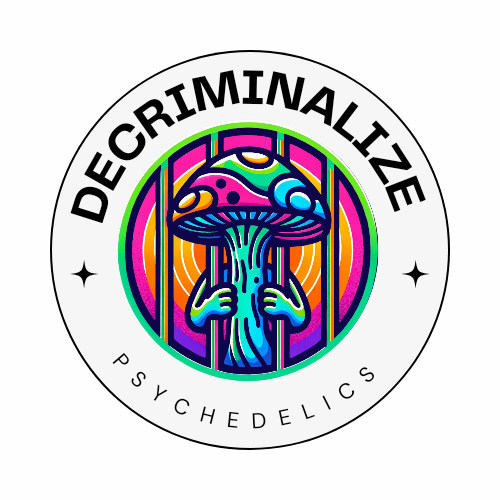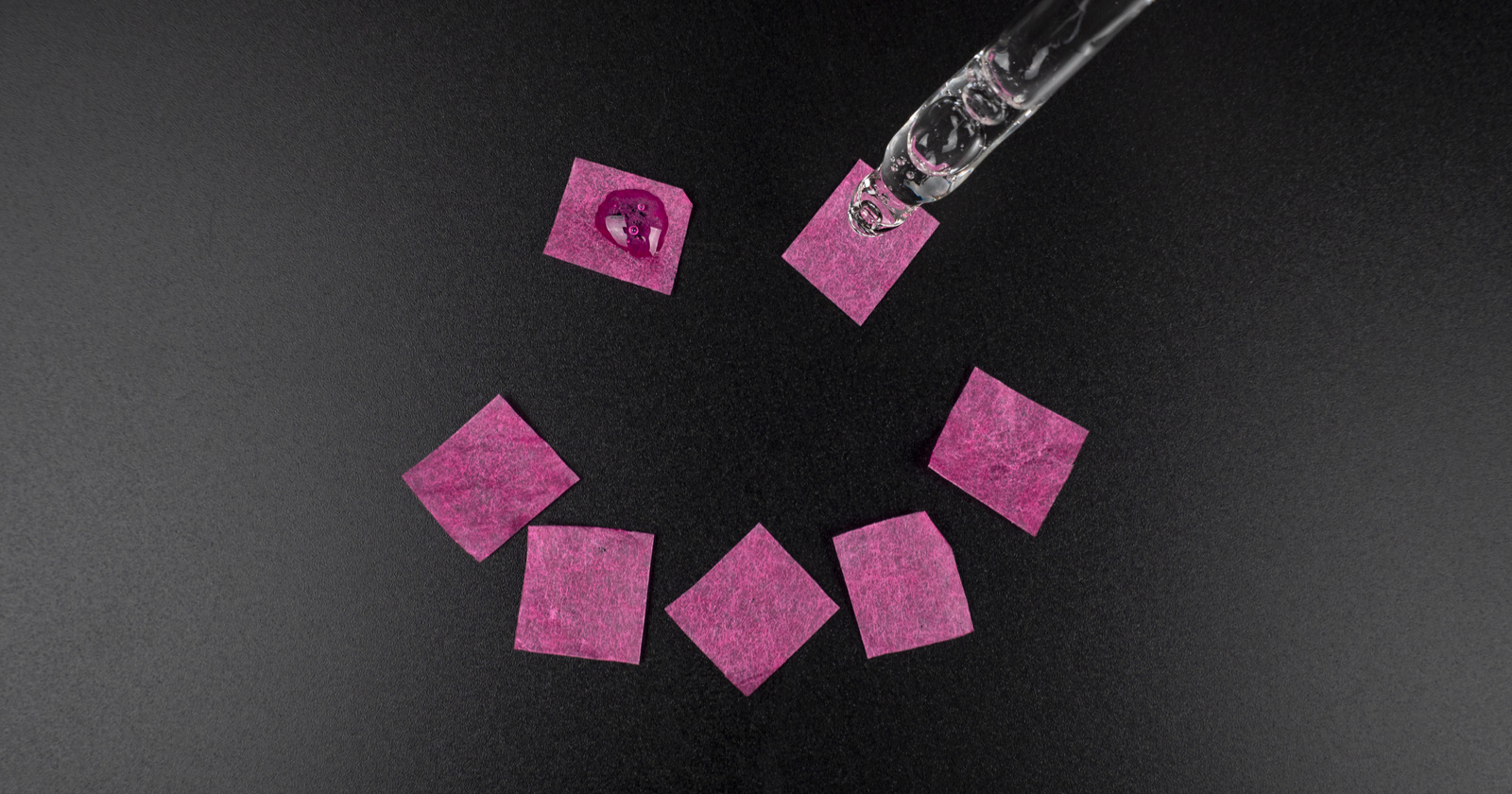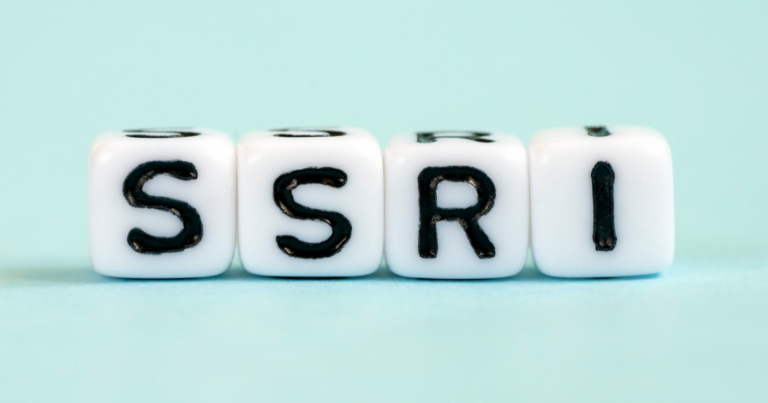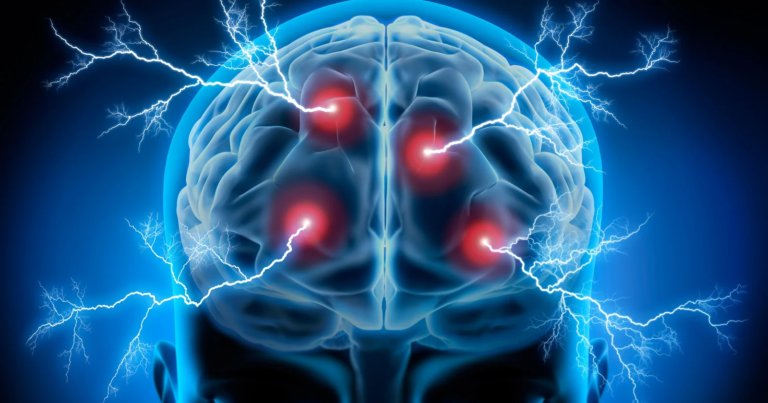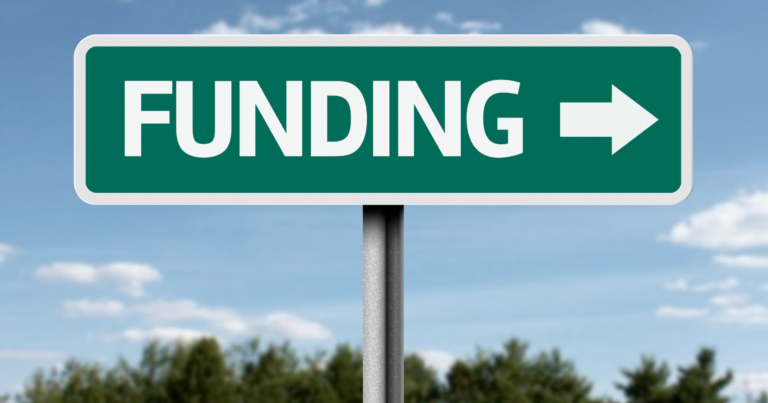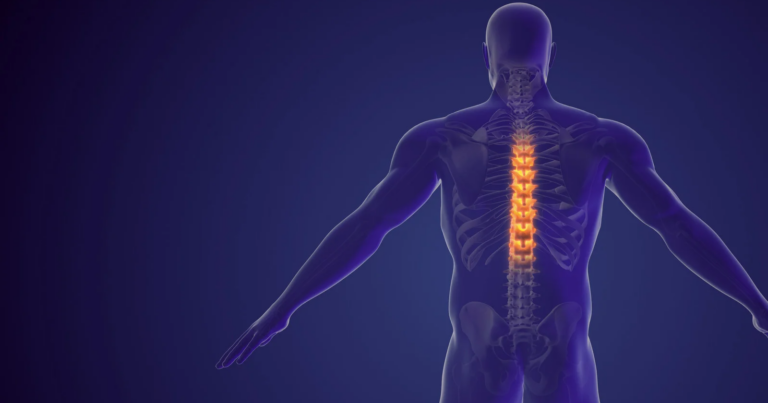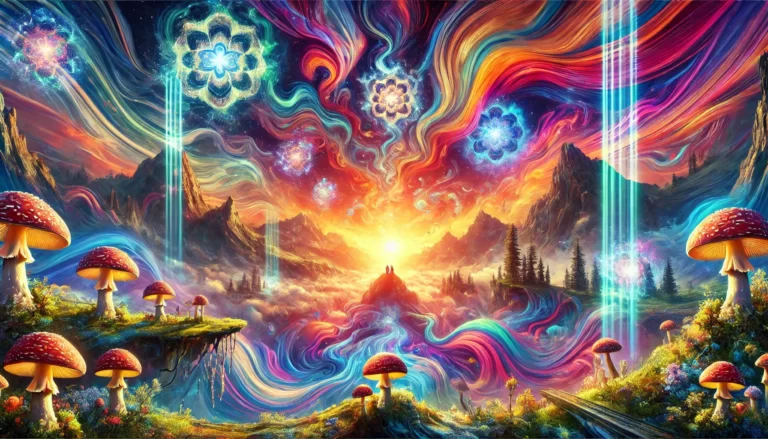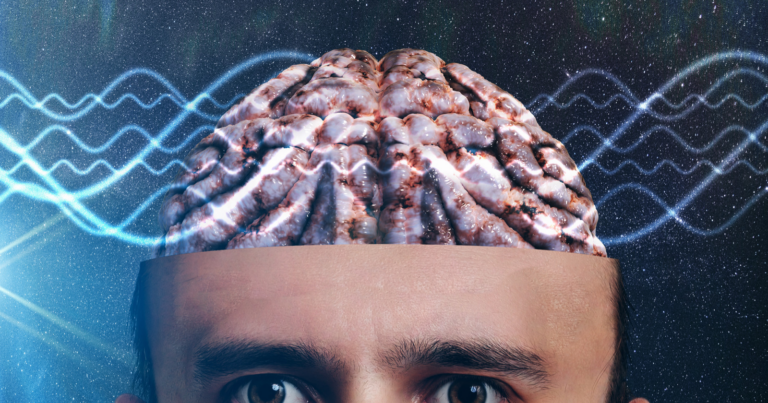We get it, the legal status of LSD worldwide can be confusing.
There are countless laws to get your head around globally.
But want to fully understand the essential legalities tied to LSD, and get clear on its status in various jurisdictions?
Read on for your comprehensive guide to the global LSD legal landscape.
Understanding the Legal Landscape
The legality of Lysergic Acid Diethylamide (LSD) is dictated by a complex web of international laws and regulations.
Each country has its own stance on the drug, with policies ranging from stringent prohibition to more lenient decriminalization.
For example, in the United States, LSD is classified as a Schedule I controlled substance, making its possession, sale, or use illegal.
While Portugal decriminalized all drugs in 2001, including LSD.
This means that while selling or distributing LSD is still illegal, personal use and possession are not considered criminal offenses.
It’s essential to understand that the decriminalization does not equate to legalization.
In Portugal’s case, while they won’t arrest you for small amounts of LSD, it’s still technically not legal. This distinction is critical in comprehending the global legal status of LSD.
Examining LSD Legality in Europe
Europe’s stance on LSD varies significantly across its different countries.
Most European nations classify LSD as an illegal substance, but the penalties for possession, use, or sale differ.
In the United Kingdom, LSD is a Class A drug, and its unlicensed possession can lead to up to seven years in prison.
On the other hand, Spain has decriminalized personal use and possession of small amounts of LSD.
But, it’s important to note that “decriminalization” doesn’t mean “legal”.
In countries like Spain, while you won’t face criminal charges for small amounts of LSD, you may still face administrative sanctions like fines or mandatory therapy.
Interestingly enough, did you know that the Czech Republic has a unique relationship with LSD?
It’s one of the few places where the drug was never officially criminalized.
That said, it’s not exactly a free-for-all – there are still penalties for large-scale distribution.
Deciphering the Legal Status of LSD in Asia
Asia is known for its particularly stringent drug laws, and LSD is no exception.
In most Asian countries, possession, sale, or use of LSD is illegal and heavily penalized.
For instance, in Japan, being caught with even a small amount of LSD can lead to a prison sentence of up to seven years.
Singapore, known for having some of the world’s toughest drug laws, imposes severe penalties for drug offenses.
LSD is classified as a Class A controlled drug in Singapore, meaning that possession or consumption can result in up to 10 years of imprisonment, a hefty fine, or both.
In contrast, Cambodia has a reputation for more relaxed drug laws compared to its neighbors.
But, it’s not an entirely safe haven for LSD users.
While there’s a degree of tolerance towards marijuana in certain areas, the same cannot be said for LSD. It remains illegal in Cambodia, and penalties can be harsh if you’re caught.
It’s clear that understanding the legal status of LSD in Asia requires recognizing the severity of penalties and the hardline stance most countries take on drugs.
Navigating LSD Laws in the Americas
Shifting focus to the Americas, you’ll find a combination of strict and liberal approaches towards LSD.
In the United States, as mentioned before, LSD is a Schedule I controlled substance, making it illegal to manufacture, distribute, or possess. Penalties can range from fines to imprisonment.
But, policy shifts in more progressive areas are worth noting.
For instance, the city of Oakland, California recently decriminalized all “entheogenic plants” including psilocybin mushrooms and LSD.
In contrast, South American countries like Brazil and Peru have more relaxed drug policies.
Yet, it’s crucial to remember that “relaxed” doesn’t mean “legal”.
While personal use may not result in criminal charges, trafficking and possession of large quantities do lead to severe penalties.
- In Brazil, while drug use is decriminalized, you could still be subjected to educational measures or community service.
- In Peru, laws differentiate between drug users and traffickers. While personal use is decriminalized, sale and production are heavily penalized.
As you can see, understanding LSD laws in the Americas involves recognizing these nuances.
Grasping the Complexities of the Legal Status of LSD
Diving deeper into the world of LSD legality, we find that it’s a landscape fraught with contradictions and complexities.
It’s not just about which countries have legalized or decriminalized LSD. It’s also about understanding the intricate details that govern its use, possession, and distribution.
I believe it’s crucial for us to recognize that even in countries where LSD is decriminalized, it does not equate to a free pass to use or possess the drug without consequences.
Decriminalization often means that while you won’t be criminally prosecuted for small amounts, you could still face administrative penalties.
Let’s bear in mind that even in places where drug laws seem relaxed, the reality can often be different.
Enforcement can vary widely, and penalties can be severe depending on circumstances.
In essence, understanding the legal status of LSD worldwide isn’t a straightforward task.
It requires an appreciation for complex legal frameworks and a recognition of the differing attitudes towards drug control across various jurisdictions.
What Does this Mean for You?
Understanding the legal status of LSD worldwide is a complex task.
Each country has its own unique set of laws and regulations, with significant variations in enforcement and penalties. It’s not merely about knowing which countries have decriminalized or legalized LSD.
It’s about understanding the nuances that surround its use, possession, and distribution in different jurisdictions.
As we continue to explore and learn about this topic, the importance of staying informed and responsible becomes clear.
Whether you’re a researcher, an advocate for drug policy reform, or simply curious, it’s critical to navigate this landscape with a respect for the law and a commitment to learning.
This understanding serves as a foundation for further exploration into the complexities of global drug policies and their implications.
